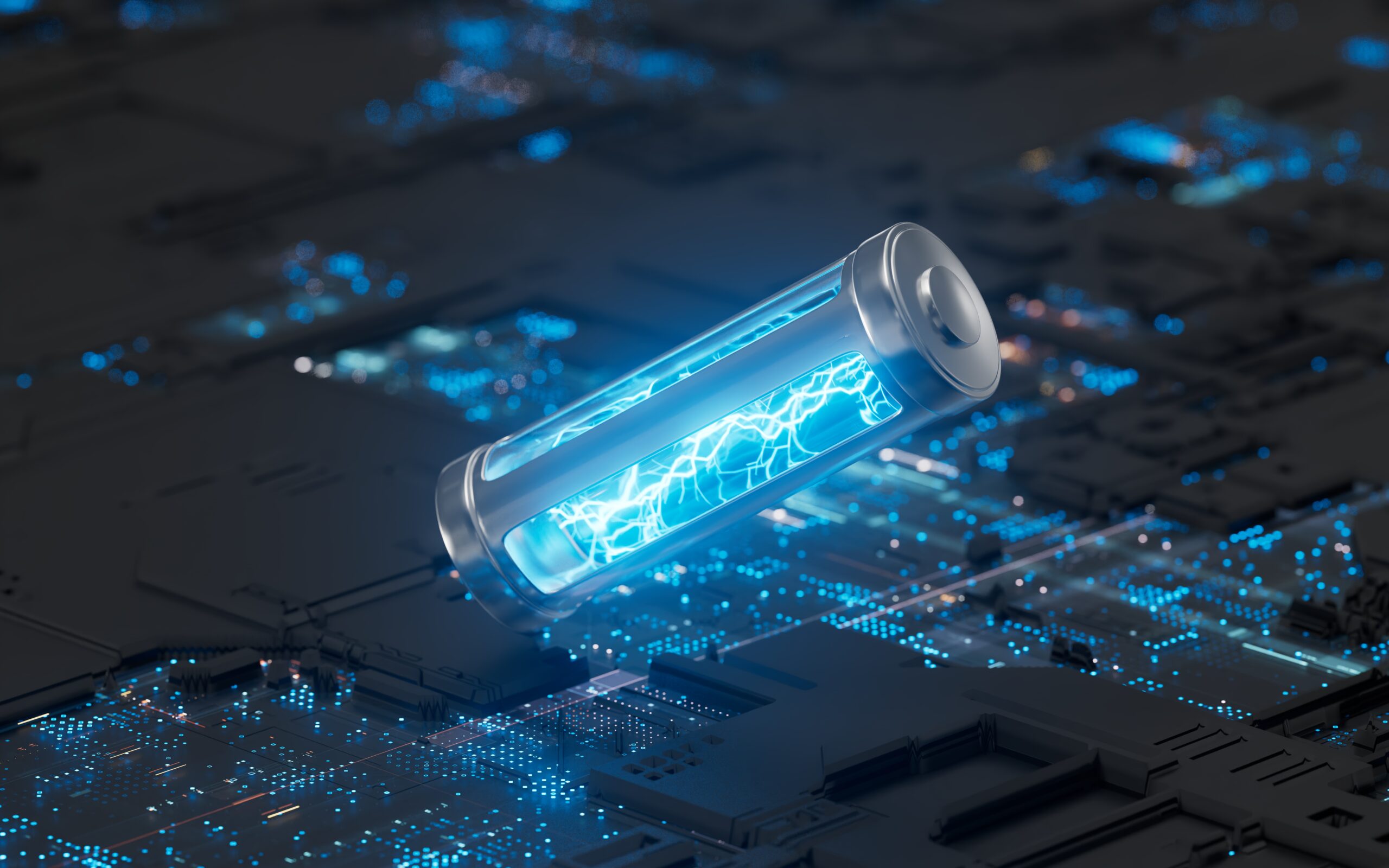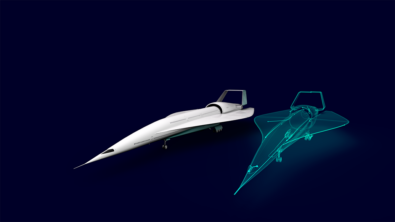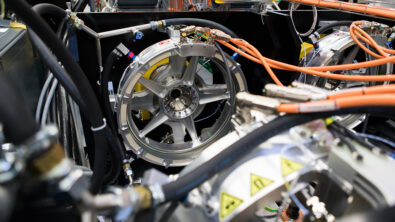Supercharging Battery Innovation: Insights from Skeleton Technologies

The battery industry is one built on a highly localized and experienced workforce. Many of the big manufacturers came out of the electronics boom in the Asia-Pacific. For many years it made sense to locate the expertise and manufacturing capacity near the rest of the electronics manufacturing hubs. But that dynamic is changing as countries around the world look to batteries as a means to electrify and decarbonize transportation and grid systems. One company that saw this shift and took action to bring expertise to Europe is Skeleton Technologies, co-founded and led by the CEO Taavi Madiberk. To get his thoughts, Marc Deyda sat down with Taavi for an episode of The Battery Podcast.
I would highly recommend listening to the full discussion if you have the time, they cover many interesting topics from the world of battery manufacturing. But if you only want a couple highlights, here are my take-aways from this great discussion.
Battery manufacturing in Europe
The idea of creating new manufacturing capacity in Central Europe is often a confusing proposition when it is heard by people. But for Skeleton Technologies and even battery manufacturers more broadly, there are good reasons for doing so. When looking at the manufacturing cost of super capacitors – one of Skeleton’s products – only five to six percent of the manufacturing costs stem from labor costs. Much of the process is automated and the material costs are very high. Instead of the labor costs have a large stake in balancing a successful product, more of the investment can be made into the product quality, the scale, and the automation potential. There are also demand-side benefits to battery and supercapacitor manufacturing in Europe, many of the key customers are already nearby. On top of supplying a necessary product electric cars or grid systems, manufacturers must adhere to the same emissions and traceability regulations making sustainability assessments far more streamlined. And there are even reduce emissions from logistics as the products are not moving as far in their assembled form.
Rapidly building expertise
While there are many benefits to more production globally, bringing expertise to areas beyond the traditional battery manufacturing centers of the Asia-Pacific means losing, at least partly, the five-to-ten-year advantage Asian manufacturers have over European ones. In Taavi’s estimation, catching up means focusing on the automation, self-learning algorithms, and for start up especially the experience of larger corporations in the process industries. Digitalization is a fantastic asset when scaling up both expertise and capacity, but partnering with the right parties might be even more powerful.
Understanding the product goals
Turning to the product itself, Taavi had a very important point on the value of understanding the product from a very early stage – its benefits to a customer, its requirements, what needs to be tracked. Skeleton’s super-battery, is a combination of super capacitors and batteries providing benefits from both technologies. The high power properties and discharge endurance of super capacitors are augmented by the high energy storage potential of lithium ion batteries. Well suited to the demand of an electrical grid as it moves to renewables and fewer base-load or load-smoothing generation sites, super batteries can bridge the current gap, pun intended. But selling into electrical grids requires a product sellable at the lowest cost and lowest CO2 emissions to make it a viable transition in combatting climate change.
Learning more about high-power energy storage
Marc and Taavi’s discussion was too good to cover everything here in this short summary, but I would highly recommend listening to the full episode, above or on your favorite podcasting platform. But if you would rather read through their great points, the entire transcript can be found here. Thank you so much for reading about a very interesting customer and we hope to have you back for another episode of the Battery Podcast, subscribe to get a notification when the next episode is available or look through our previous interviews.
Siemens Digital Industries (DI) is a leading innovator in automation and digitalization. In close cooperation with its partners and customers, DI is the driving force for the digital transformation in the process and manufacturing industries. With its Digital Enterprise portfolio, Siemens provides companies of all sizes with all the necessary products, along with consistent solutions and services for the integration and digitalization of the entire value chain. Optimized for the specific requirements of individual industries, this unique portfolio enables customers to enhance their productivity and flexibility. DI continuously extends its portfolio to include innovations and the integration of future-oriented technologies. Siemens Digital Industries, with its headquarters in Nuremberg, has a workforce of around 72,000 people worldwide.
For more information on Siemens Digital Industries products and services, follow us on LinkedIn, Facebook, Twitter, and YouTube.


